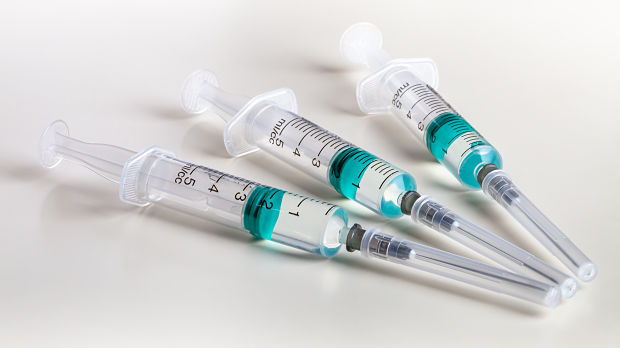Biosimilars: What Clinicians Need to Know
Biologic agents used to treat chronic inflammatory diseases are complex and often expensive medications. More affordable versions of biologic agents, known as a “biosimilars” are starting to hit the marketplace, but clinicians may be unsure about their characteristics and use, and possibly more reluctant to prescribe them. A recent review article sought to provide the clinicians with a working knowledge of the development of biosimilars and some practical guidance on their use. Some of the important points in the review include the following:
• Biosimilars have slightly differing definitions worldwide, but basically they are a version of an already approved biological medicinal product and should have similar quality, efficacy and safety as the reference product;
• Biosimilars differ from generics because they are not exact copies of the reference drug with regards to dosage, safety, strength, route of administration, quality and intended use;
• All biosimilars are considered unique but related molecules that differ from the originator reference product as well as from each other;
• Development of biosimilars is focused on a final product that demonstrates similarity with the reference product through a rigorous stepwise procedure and there is at least one clinical study that confirms clinical equivalence with respect to efficacy and safety;
• However, it should be noted that these studies are designed to determine similarity rather than efficacy;
• In order to be used interchangeably with the original biologic, there must be sufficient evidence that the biosimilar “can be expected to produce the same clinical result as the reference product in any given patient;”
• Biosimilars are not currently compared directly to one another so clinicians should exercise caution when switching between different biosimilars;
• As more biosimilars become available clinicians should monitor their indications and continue to increasing their understanding of the development and approval process for biosimilars;
• Improve awareness and understanding of these therapeutic alternatives among clinicians and caregivers should lead to more to a higher level of comfort with their use in the clinic.
